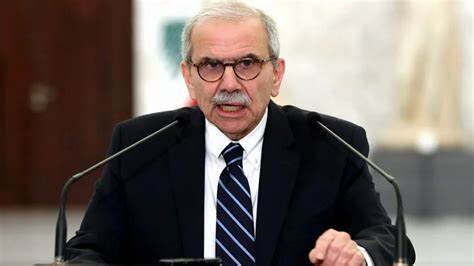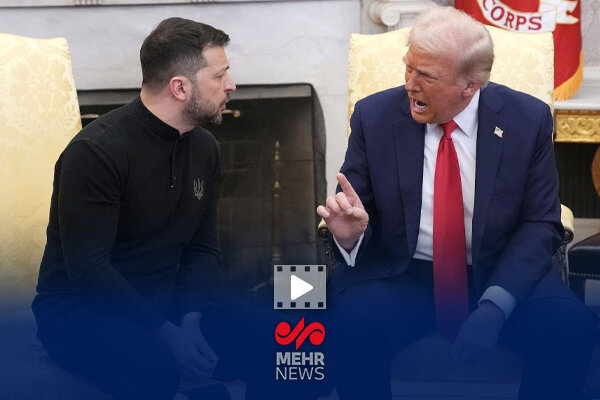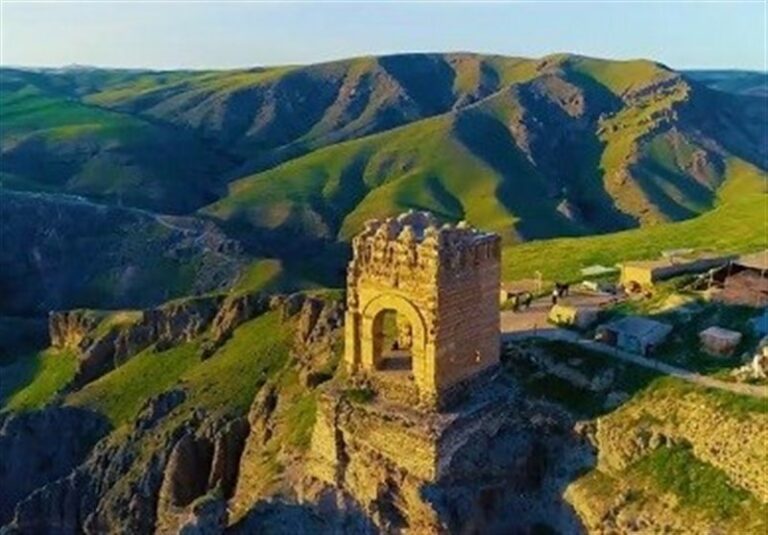US Aims to Spark Diplomatic Tensions Between Lebanon and Iran
In a significant shift in Lebanon’s political landscape, the government led by Nawaf Salam has recently approved its ministerial statement, which notably excludes the clause asserting the Lebanese people’s right to resist Israeli occupation. Instead, it emphasizes “Lebanon’s right to self-defense in accordance with the United Nations Charter.” This decision has sparked considerable debate and controversy, particularly in the context of Lebanon’s historical resistance against foreign occupation.
The newly approved ministerial statement outlines several key points regarding Lebanon’s defensive posture:
- Self-Defense Clause: The statement limits Lebanon’s right to self-defense strictly to instances of aggression, as defined by the UN Charter.
- State Authority: It emphasizes the state’s exclusive right to wield weapons and make decisions regarding war and peace.
- Government’s Primary Task: The Salam administration’s first priority is to reform the state and strengthen its sovereignty, addressing long-standing issues that have plagued its effectiveness.
This shift in policy is perceived by many as a direct response to American directives, marking a departure from Lebanon’s previous stances since 2000. Critics argue that this decision aims to delegitimize the resistance movement within the country, branding it as a primary factor that has undermined Lebanon’s influence and reputation on the international stage.
Questions arise regarding the implications of this new stance. For instance, what does “prestige” mean in the context of Lebanon’s geopolitical situation? Observers speculate whether diplomacy alone can lead to the liberation of occupied territories, especially considering the historical context of foreign interventions in the region.
Simultaneously, the Lebanese presidency has announced an extension of the suspension of flights between Lebanon and Iran. Military and security services have been instructed to maintain strict control over the airport access to prevent any disruptions, especially leading up to significant events such as the funeral of Martyr Sayyed Nasrallah.
Reports indicate a similar policy may be adopted concerning flights between Lebanon and Iraq, ostensibly aimed at obstructing the arrival of attendees associated with Hezbollah. An insider source disclosed that the US embassy in Beirut has issued threats to President Aoun and Prime Minister Salam, warning of severe sanctions should they fail to adhere to the new directives.
On a more diplomatic note, Ismail Baqaei, spokesperson for the Iranian Foreign Ministry, remarked that discussions with the Lebanese Foreign Ministry were “positive.” He reiterated the importance of maintaining strong bilateral relations between Lebanon and Iran, unaffected by external influences that do not serve the interests of either nation.
The historical ties between Lebanon and Iran date back to the establishment of diplomatic relations post-World War II. Key events in this relationship include:
- 1945: Tehran opened an embassy in Beirut following the end of the French mandate.
- 1946: Lebanon reciprocated by establishing its embassy in Tehran.
- 1958: The Shah of Iran supported Lebanese President Camille Chamoun during domestic unrest.
- 1982: Iran sent Revolutionary Guards to aid in the resistance against Israeli forces during the invasion.
These historical moments illustrate the complex interplay of regional politics, where Lebanon has often found itself as a battleground for competing influences. The relationship has evolved over the decades, marked by pivotal events that shaped both nations’ political landscapes.
With the rise of Hezbollah, supported by Iran, the dynamics shifted significantly. Hezbollah’s emergence as a formidable force in Lebanon has been linked to various military operations aimed at countering foreign interventions, including:
- The thwarting of the “May 17 Agreement” aimed at normalizing relations with Israel.
- Attacks on US and allied military forces in Lebanon.
- The assassination of prominent pro-Israeli figures, further destabilizing foreign influence in Lebanon.
As Lebanon navigates this new political terrain under the influence of American directives, the implications for its sovereignty and regional alliances remain uncertain. The debate surrounding the government’s latest decisions continues to evoke strong reactions, reflecting the divergent views on national identity, resistance, and foreign influence.
In conclusion, Lebanon’s recent political maneuvers signal a critical juncture in its history. The government’s alignment with American policies raises fundamental questions about the future of resistance movements in the country and the broader implications for regional stability. As Lebanon grapples with these challenges, it remains to be seen how its historical relationships and internal dynamics will shape its path forward.






